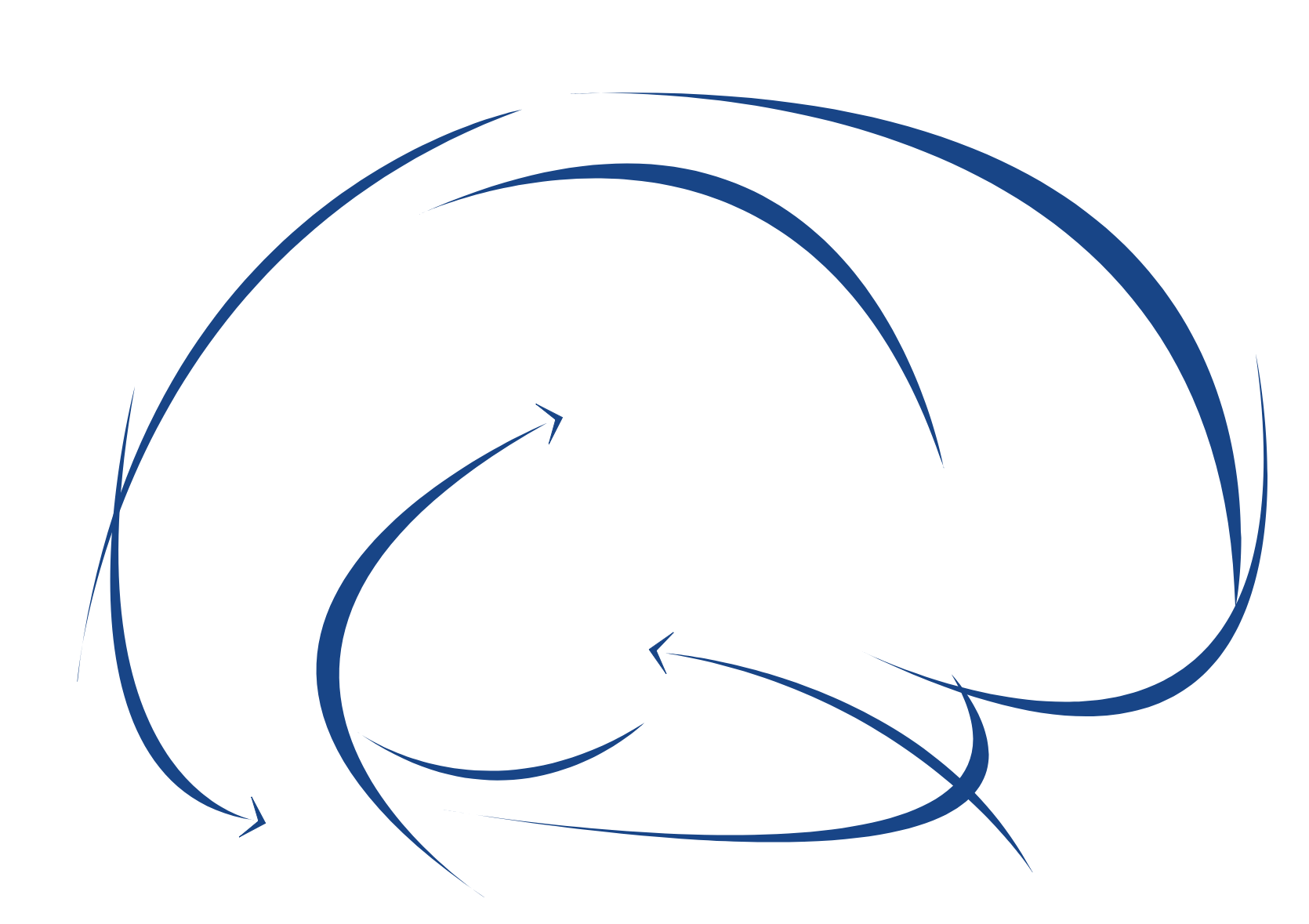Job Offer: Postdoctoral Researcher in Digital Twin Brain for Prediction of Longitudinal Trajectories in Alzheimer’s Disease
Summary:
We are recruiting a Postdoctoral Researcher for an ANR-funded project called Digital Twin Brain for prediction of longitudinal trajectories in Alzheimer’s Disease (AD). The postdoc will be based at Aix-Marseille University, at the Institut of Systems Neuroscience in Marseille and will work under the lead of Spase Petkoski, INSERM CR (tenured researcher, equivalent to an Associate Professor), who is part of the Theoretical Neuroscience group led by Viktor Jirsa. A close collaboration is also envisaged with the clinical practitioners from the Neurology department of the public hospital at Marseille (APHM), the neurologists Mira Didic and Olivier Felician who work with patients with dementia, as well as with JF Mangin, the head of neuroimaging at Neurospin in Paris.
As a postdoctoral researcher, the candidate will be responsible for developing and implementing computational models for the molecular mechanism of pathological proteins in AD into the whole-brain neuroinformatics platform The Virtual Brain (TVB). Specifically, this will be done through glutamatergic and GABAergic synapses, utilizing existing neuronal mass candidates from the literature and from the previous work by the group. The model will also combine the mechanisms of prion-propagation. The modeling work will be accompanied by resting-state fMRI data analysis to identify the biomarkers of interest. The main cohort for the project will be Memento, but ADNI3 will be also used. The candidate is thus expected to be familiar with concepts from Nonlinear Dynamics, in particular, solving and analyzing coupled ordinary differential equations. In the later stage, the project will also require an application of model inversion with simulation-based inference that should facilitate establishing links between the model parameter space and the neuroimaging data features of interest. The latter will be a key component of this project and will also require addressing issues related to model degeneracy and resilience. The successful candidate will join a dedicated team developing models and methodologies for better explanation of neuroimaging data. This work has a broader impact than AD, it will establish an interpretable link across scales from synapses to neuronal populations (the network nodes in TVB), and significantly amplify the effectiveness of TVB in comprehending multiscale effects within brain networks. This, in turn, will facilitate the enhanced usability of digital twins in the clinical context and in diagnosing brain health status.
Required Qualifications:
PhD (or equivalent) in computational neuroscience or related discipline.
Experience in one or more of the project research topics, including Brain Network Models, Dynamical systems, Prion Spreading, Machine Learning and Alzheimer’s Disease.
Proficiency in programming with Python, with expertise in scientific computing packages.
Proficiency in spoken and written English.
Desired Qualifications:
Background in neuroscience.
Familiarity with TVB.
Experience running parallelized large-scale simulations on supercomputers.
Expertise in time-series analysis, data science and data visualization.
About The Theoretical Neuroscience Group:
We are a multinational and interdisciplinary team dedicated to unraveling the spatiotemporal organization of large-scale brain networks. Our work encompasses mathematical and computational modeling of large-scale network dynamics, the analysis of human brain imaging data, and the development of neuroinformatics tools for studying large-scale brain networks, particularly in the context of brain disorders such as epilepsy, Alzheimer's disease, and multiple sclerosis, and healthy aging. The group is heavily involved in developing standard models for digital twins in the infrastructure project of EBRAINS.
Terms of Salary and Employment:
This is a fully funded multi-year position with excellent benefits. The initial appointment is for one year, with the potential for extension up to 3 years. Salary will be commensurate with experience
Application Deadline: November 10th
Starting Date: January 2026
How to Apply: Please send a CV, a short cover letter describing your research interests to spase.petkoski@univ-amu.fr. References could be requested after the initial review. We look forward to welcoming a highly motivated and qualified postdoctoral researcher to our team to advance our understanding of large-scale brain network models in the context of Alzheimer’s Disease and thus to help move current brain models closer to real digital twins.
UMR 1106 – Institut de Neurosciences des Systèmes INS Faculté de Médecine de la Timone
27 Bd Jean Moulin - 13385 Marseille cedex 05. France
Tel : + 33 (0) 4 91 32 42 21 ou 23 | Fax : + 33 (0) 4 91 78 99 14

